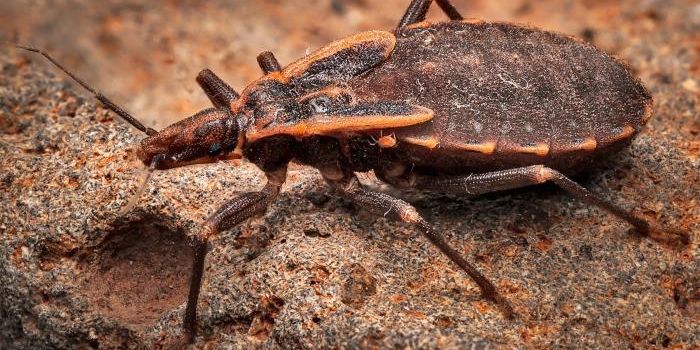Flamingos Understand the Value of Friendship
Most of the time, wild flamingos are observed in massive flocks as opposed to hanging out on their own. It’s evident that these birds are highly social and enjoy one another’s company, but novel research five years in the making by researchers from the University of Exeter sheds new light on the behavioral patterns of these bright pink birds.
Image Credit: Pixabay
Their research, which has been published in the journal Behavioral Process, describes how flamingos appear to form everlasting friendship bonds with others. This fact was evident after the researchers repeated observed flamingos spending the bulk of their time with specific individuals despite interacting with a plethora of birds in their flock.
“Our results indicate that flamingo societies are complex. They are formed of long-standing friendships rather than loose, random connections,” explained the University of Exeter’s Dr. Paul Rose, the lead author of the paper.
“Flamingos don’t simply find a mate and spend their time with that individual. Some mating couples spend much of their time together, but lots of other social bonds also exist. We see pairs of males or females choosing to ‘hang out’, we see trios and quartets that are regularly together.”
Related: The real reason why flamingos are pink
Throughout those five years, the team spent their time observing flocks of flamingos from all over the world. Some of those flocks had as little as 20 members, while others had well over 140. The diverse dataset provided the researchers with enough evidence to suggest that the bonding behavior wasn’t limited to one specific flock, but instead commonplace among flamingo populations everywhere.
The researchers noticed that the changing of the seasons appeared to impact flamingo bonding, with the bulk of friendships presenting themselves in the Spring and Summer months. Notably, this is also the breeding season for flamingos. Individual health didn’t appear to impact whether flamingos would bond or not.
In addition to making friends, some flamingos did just the opposite – they made enemies. As you might come to expect, those flamingos avoided one another at all costs, even while socializing and making friends with others.
“Flamingos have long lives – some of the birds in this study have been at Slimbridge since the 1960s – and our study shows their friendships are stable over a period of years,” Dr. Rose said. “It seems that – like humans – flamingos form social bonds for a variety of reasons, and the fact they’re so long-lasting suggests they are important for survival in the wild.”
Related: Flamingos save energy by standing on one leg
Researchers don’t yet fully understand why flamingos form such close friendships, but if we know anything about friendships in our own lives, then we can only assume that it enriches the flamingos’ lives in similar ways.
Further researcher is needed to better understand the significance of these flamingo-centric bonds, but for now, the researchers say that knowing these bonds exist could be used to better improve the birds’ lives in captivity in parks and zoos.
Source: University of Exeter, Behavioral Process









